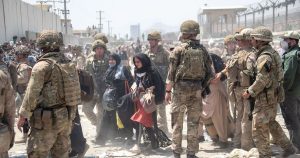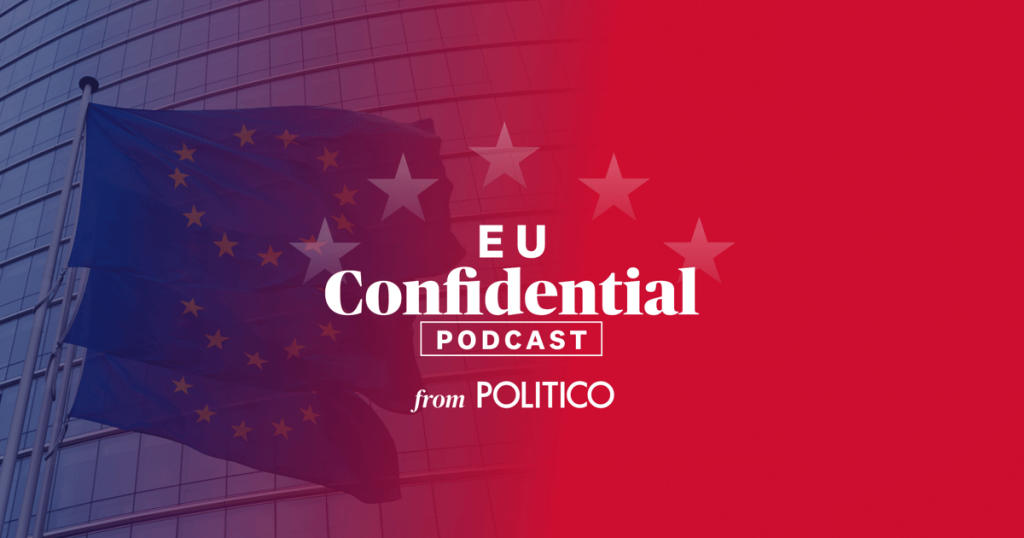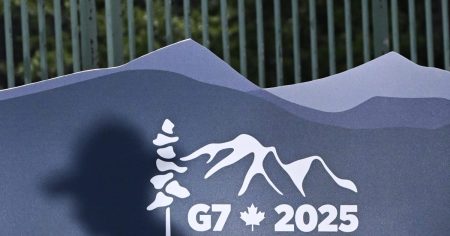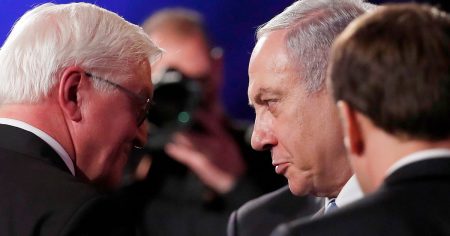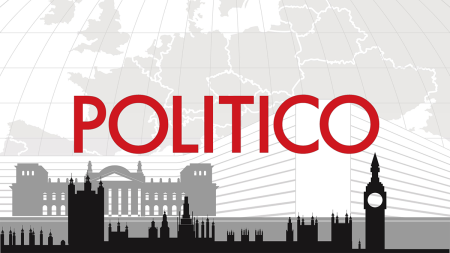Romania’s recent presidential election has sparked significant political upheaval, primarily fueled by social media platforms like TikTok, as pro-Russia far-right candidate Călin Georgescu emerged unexpectedly victorious in the first round. This shocking outcome has taken the political establishment by surprise and raises critical questions about the implications for NATO, Ukraine, and the broader European landscape. Georgescu’s platform and support base, characterized by a strong anti-establishment sentiment and nationalist rhetoric, have resonated with a segment of the Romanian population grappling with domestic challenges and broader geopolitical concerns. His ascendancy highlights a growing trend of far-right politics gaining traction in Europe as traditional parties struggle to adapt to shifting voter preferences.
In light of Georgescu’s win, there are potential ramifications for European security structures. EU Confidential host Sarah Wheaton engaged with former NATO spokesperson and Romanian national Oana Lungescu to analyze the impact of Georgescu’s victory on the future of NATO and Europe’s overall stability. The discussion reveals that Georgescu’s pro-Russia stance could complicate Romania’s relationship with both NATO allies and the European Union. The election has awakened fears concerning how far-right ideologies might destabilize established security frameworks, particularly as they may embolden similar movements across Europe. This development is underscored by the backdrop of ongoing tensions between Russia and Ukraine, which directly affect Romania’s geopolitical stance as a frontline NATO member.
The broader implications of Georgescu’s rise come alongside concerns about the political climate in the United States as well. Former President Donald Trump’s potential return to the White House could serve to exacerbate existing far-right movements not only in Romania but across Europe. As noted in discussions surrounding the election, the alignment of far-right candidates with Trump’s populist and nationalist rhetoric could further legitimize their positions and policies, thereby influencing political discourse throughout the region. The fear is that Trump’s leadership could signal a critical shift in U.S. foreign policy priorities, leading to diminished support for traditional alliances and a resurgence of Euroskepticism, ultimately questioning the cohesion of NATO and the EU.
The political landscape in Brussels has also been affected by recent developments, with dynamic changes evident in the final vote on Ursula von der Leyen’s new European Commission. POLITICO’s Max Griera provided analysis on the complex backroom deals and negotiations that facilitated this vote, unveiling shifting power dynamics within the European political framework. These changes reflect a growing response to populist movements and the rise of far-right parties, which seek to challenge the status quo and redefine the priorities of the European Union. The intricacies of these political maneuvers highlight the need for the EU to adapt strategies to engage with emerging political forces effectively.
The interplay between the rise of far-right candidates and internal EU politics underscores an evolving political reality in Europe, characterized by fragmentation and the challenge of reinvigorating traditional party structures. As voters increasingly align with populist sentiments, established parties face significant pressures to respond to the expectations and concerns of their constituents. The challenge lies not only in addressing immediate political concerns but also in safeguarding the core values and principles that have underpinned European integration and cooperation since World War II.
In conclusion, Romania’s presidential election has placed a spotlight on the fragile state of democracy in Europe, highlighting the potential for far-right ideologies to reshape future policy directions within both Romania and the EU. As geopolitical dynamics shift, particularly in relation to Russia, the implications of these political changes extend far beyond Romania’s borders. The ongoing challenges faced by incumbent leadership, the potential return of populist figures like Trump, and the reconfiguration of power within the EU all indicate a period of uncertainty and transition that will require careful navigation to maintain regional stability and solidarity among member nations.

